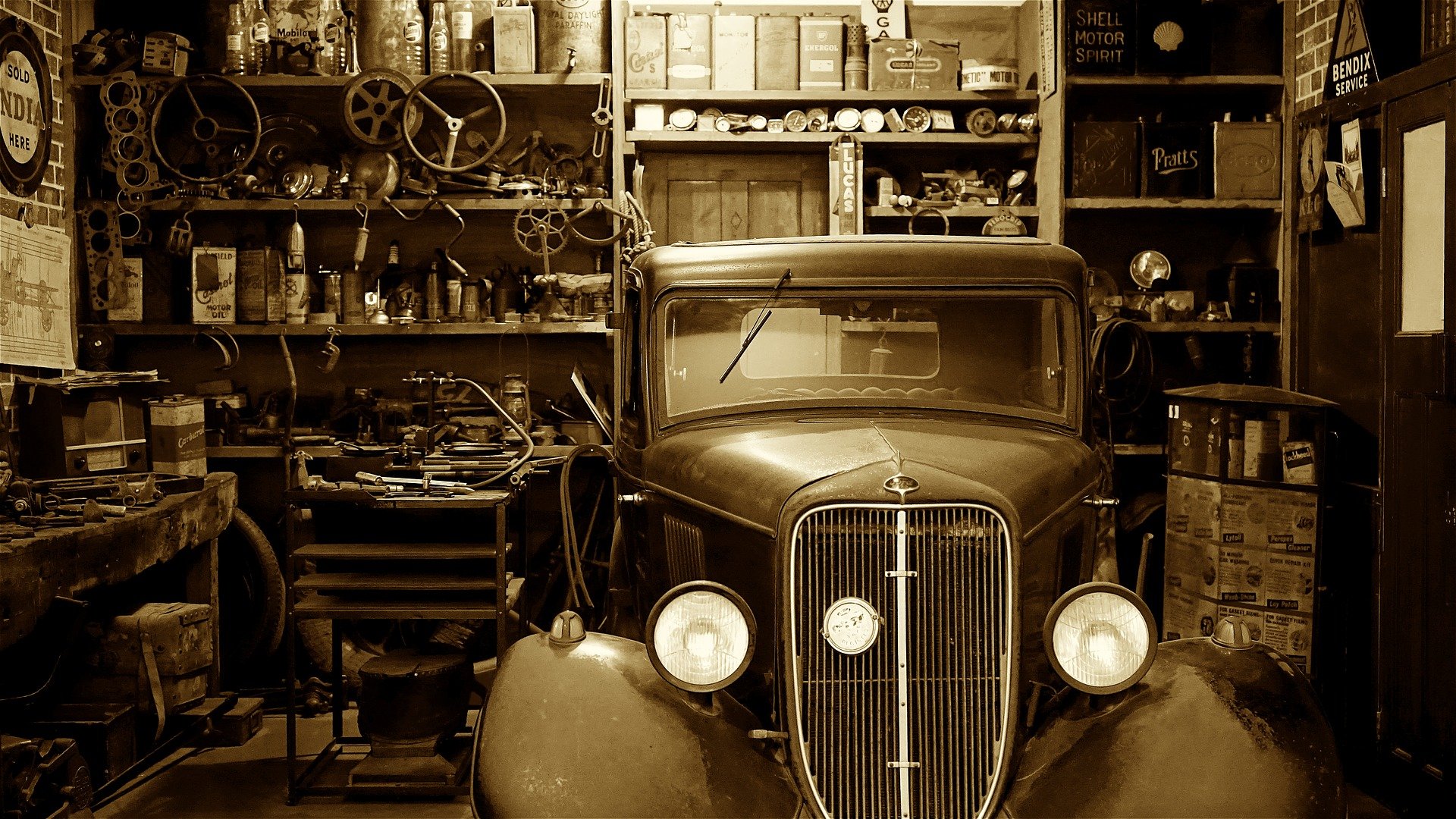Classic car owners make their purchases based on a variety of motivations. Some just fall in love with the vehicle and want to have a blast driving it. Others view a classic car purchase as an investment, with the belief that that car will appreciate in value. Regardless of your motivation, you should only buy a classic car after doing extensive research. Here are a few things to consider if you’re debating the purchase of a classic car.
What is the Definition of a Classic Car?
The definition of “classic car” varies, depending on whom you ask. The Classic Car Club of America (CCCA) has a fairly strict definition: they maintain a list of official classic cars, all of which were produced between 1915 and 1948. Conversely, the Vintage Car Club of Canada (VCCC) recognizes vehicles that are 25 years or older.
States also have their own definition, which is mainly used for antique vehicle registration purposes. In Maryland, a classic car is a vehicle that is 20 years or older and has not been significantly altered or remodeled. In West Virginia, a car is eligible for classic plates if it is at least 25 years old.
Is a Classic Car a Good Investment?
It is important to apply nuance when considering this question. A classic car can be a good investment, as many classic models will appreciate in value. In some cases, a classic car may even appreciate faster than other collectibles, such as coins or stamps. However, some classic cars will lose value over time.
A classic car can potentially yield a high return on investment, but it all depends on the model and condition of the vehicle. For the average investor, buying a vehicle solely as an investment is likely not worth the hassle. However, high-net-worth individuals who can afford to buy elite classic cars may find it worthwhile to diversify their portfolio with such purchases.
Costs and Risks of Owning a Classic Car
It’s important to balance the potential return on investment against the costs and financial risks of investing in a classic car. Some classic vehicles may require regular ongoing maintenance, which can be much more costly than the same maintenance on a modern vehicle. Additionally, some owners may need to pay for storage.
Those who are planning to restore a classic car should also consider whether the cost of the restoration will outweigh the potential profit. The highest-end classic cars can go for millions of dollars, and restoring one of these vehicles to showroom condition can also cost millions. However, it is possible to spend only $10,000 for a classic car like the Porsche 944, which can be restored and sold for a modest profit.
But of course, return on investment is not the only thing that you should consider when shopping around for a classic car. Those who are simply looking for a fun, high-powered toy to take out for weekend joyrides may not care whether their classic car becomes more valuable, as they may never plan to sell it anyway.
What Kinds of Classic Cars Become More Valuable Over Time?
If you are primarily considering classic car ownership as a means to diversify your investment portfolio, there are a few questions to ask when shopping around:
- Is there a high demand? Some classic cars, such as the Porsche 911, have consistently been in high demand for decades. These highly sought-after vehicles are one of the safest ways to invest in classic cars.
- How rare is the vehicle? Rare vehicles generally appreciate in value due to high demand. Like most commodities, scarcity increases the value of a classic car.
- What is unique about the vehicle? Cars that have unique features or that made a major impact on the industry are often more valuable. For example, the 1987 Honda Prelude is a hot ticket item in the classic car world because it was the first major vehicle on the American market with all-wheel steering.
- Does the car have any cultural significance? Vehicles that have significance in pop culture are often a good investment, such as the 1968 Ford Mustang GT390 Fastback from Bullitt or the 1993 Toyota MK IV Supra from The Fast and the Furious.
- Is there a motorsports history? Cars that were popularly used for racing are often in higher demand and fetch higher prices at auction.
Vehicles that meet one or more of these qualifications are likely to appreciate in value. Cars that check all of these boxes are likely the safest investments. Make sure to conduct thorough research before making your purchase, especially if a potential return on investment is your primary motivation. But remember, for most people, buying a classic car should primarily be about enjoying the vehicle, rather than turning a future profit.
